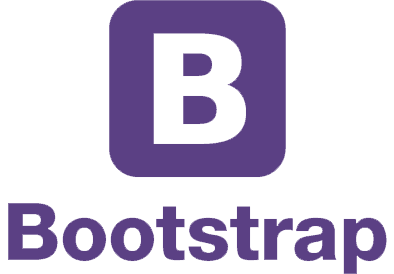In the rapidly evolving world of artificial intelligence (AI), developers specializing in .NET and DevOps must adapt to new technologies and methodologies to remain competitive. This document outlines the key areas of knowledge and skills that .NET and DevOps developers should focus on to thrive in the current AI landscape. By embracing these skills, developers can enhance their capabilities and contribute effectively to AI-driven projects.
1. Understanding AI and Machine Learning Concepts
- Fundamentals of AI: Familiarize yourself with the basic concepts of AI, including supervised and unsupervised learning, neural networks, and natural language processing (NLP).
- Machine Learning Frameworks: Gain proficiency in popular machine learning frameworks such as TensorFlow, PyTorch, and Scikit-learn. Understanding how to integrate these frameworks with .NET applications can be beneficial.
2. .NET Technologies for AI
- ML.NET: Explore ML.NET, Microsoft's machine learning framework for .NET developers. Learn how to build, train, and deploy machine learning models using this framework.
- ASP.NET Core: Enhance your skills in ASP.NET Core to create web applications that can serve AI models and APIs effectively.
- Azure AI Services: Familiarize yourself with Azure AI services, such as Azure Machine Learning, Cognitive Services, and Bot Services, to leverage cloud capabilities in your applications.
3. DevOps Practices for AI Development
Continuous Integration/Continuous Deployment (CI/CD): Implement CI/CD pipelines tailored for AI projects, which may involve model training, testing, and deployment.
- Containerization: Learn about containerization technologies like Docker and Kubernetes to deploy AI models in a scalable and efficient manner.
- Infrastructure as Code (IaC): Understand IaC tools such as Terraform or Azure Resource Manager to automate the provisioning of infrastructure for AI applications.
4. Data Management and Processing
- Data Engineering: Gain skills in data engineering to manage and preprocess data effectively for machine learning. Familiarize yourself with tools like Apache Spark or Azure Data Factory.
- Database Technologies: Learn about databases that are commonly used in AI applications, such as NoSQL databases (e.g., MongoDB) and data warehousing solutions.
5. Collaboration and Communication Skills
- Cross-Functional Collaboration: Develop the ability to work closely with data scientists, product managers, and other stakeholders to ensure alignment on AI projects.
- Documentation and Reporting: Improve your skills in documenting AI processes and results, as well as communicating findings to non-technical stakeholders.
Conclusion
As the AI landscape continues to evolve, .NET and DevOps developers must stay informed and adapt their skill sets accordingly. By focusing on AI concepts, leveraging .NET technologies, implementing DevOps practices, managing data effectively, and enhancing collaboration skills, developers can position themselves as valuable contributors to AI-driven initiatives. Embracing these areas will not only enhance individual capabilities but also drive innovation within organizations.













.gif)
0 Comments